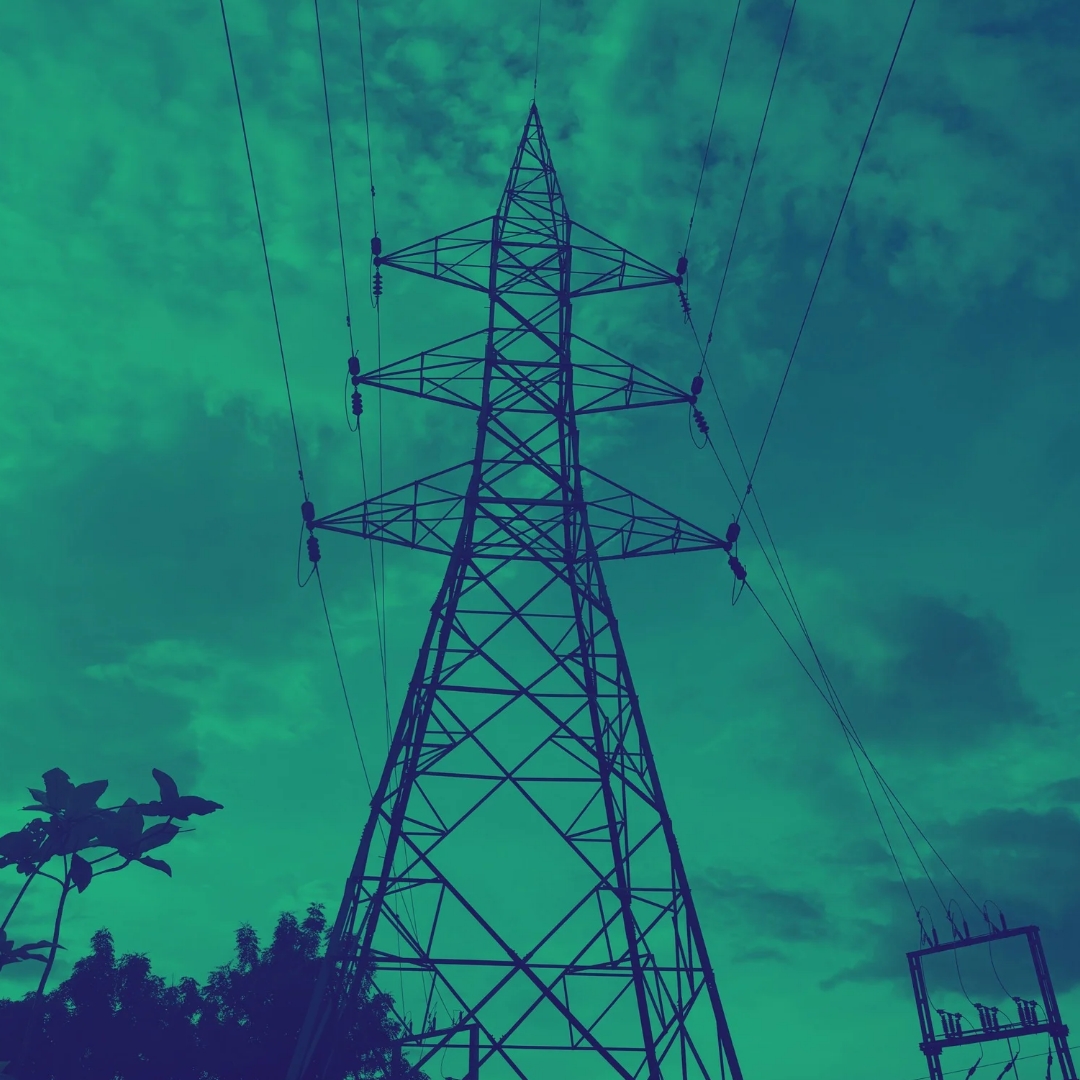India’s power distribution sector, once a chronic bottleneck, is gradually realigning. Public–Private Partnership (PPP) models are playing a pivotal role in strengthening DISCOMs (Distribution Companies) and in turn energising broader economic growth.
This piece analyses that transition and connects it to the national aspiration of energy security, thus powering “Viksit Bharat.”
The Financial and Operational Swamp of State-owned Discoms
Despite the critical role they play in India’s energy value chain, state-owned DISCOMs continue to reel under a mountain of financial stress. As of date, these DISCOMs across the country collectively owe a staggering ₹66,000 crore+ to power generating companies, as per the Prapti portal. Of this, ₹24,528 crore is overdue and the remaining ₹42,084 crore is current dues.
These persistent payment delays not only weaken the trust between DISCOMs and power generating companies but also indicate a broken revenue recovery system. The dues are a direct outcome of high AT&C losses, power theft, inefficient billing, and weak collection mechanisms, pushing the sector into a cycle of debt, disrepair, and underperformance.
This scenario leads to underperformance of DISCOMS and poor customer service.
PPP – A Panacea
Under PPP arrangements, experienced private players with proven track records bring operational professionalism, customer-centric service delivery, technology-driven efficiency, and performance-linked accountability. Their involvement has consistently helped reduce AT&C losses to below 10%, compared to public-sector averages of 16–20%.

While avoiding direct comparisons across states, the broader experience suggests that PPP models, where the state retains policy and regulatory oversight, while private partners manage operations, can significantly cut losses, improve billing and collection efficiency, modernise infrastructure, and enhance the overall consumer experience through more reliable and responsive service delivery.
Distribution Reforms are Non-Negotiable
Addressing systemic failings in state-owned utilities, bolstering service reliability, and restoring financial viability are critical to powering homes, industries, farms, and digital networks. India’s distribution reforms are more than policy exercises; they are essential structural interventions.
India’s future trajectory hinges on reforming its DISCOMs, a vital developmental imperative. This is not optional. Despite challenges like political sensitivity, legacy debts, and weak infrastructure, the stakes are high. Consistent and quality power supply is crucial for economic progress. This can only be achieved if state-level reforms align with national goals.
We have seen a few regions as bright spots where collaboration with private players has led to significant transformation and a sharp decrease in AT&C losses. Odisha is a shining example, which has experienced a turnaround in just 5 years of privatisation.












